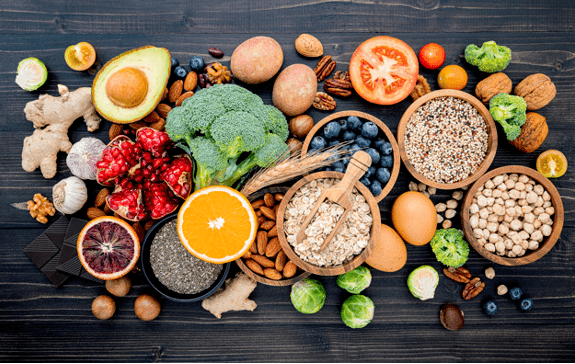Sinoright Blog
Is Vitamin C the Same As Ascorbic Acid?
Why Is VC a Vitamin?
This is because humans cannot synthesize it themselves, but it is still very useful. Most animals can synthesize vitamin C, but humans, primates, bats, guinea pigs, dolphins, some birds, and fish cannot synthesize vitamin C on their own. Due to a mutation in a gene called gulonolactone oxidase, VC cannot be synthesized in the final step. It should be noted that in mammals, it is a coenzyme of 15 enzymes. This indicates that it is an essential substance for our body.
What Would Happen Without VC?
The answer is scurvy. Scurvy was a common disease during the Age of Discovery. Ships sailed at sea for long periods of time, and the VC in vegetables and fruits quickly decomposed, resulting in insufficient intake of VC by sailors. They would experience gum bleeding, loose teeth, general swelling, and black spots on their bodies. If left untreated, they would die within 2-3 months. Supplementing with VC will lead to recovery.
Why Does Scurvy Occur?
It's because all 15 types of enzymes require it for their work. The human body has an important protein called collagen, which accounts for 25% of the total protein content in the body. Collagen cells are responsible for the modification of procollagen and the secretion of normal collagen. Pre collagen is formed in the endoplasmic reticulum and is composed of proline repeat sequences. The hydroxylation of proline and lysine requires the involvement of vitamin C. Hydroxylated amino acids form a stable triple helix collagen structure, which is released from the cell by the Golgi apparatus and exosomes. If there is no hydroxylation, the secretion of procollagen will decrease and the decomposition will accelerate. Pre collagen forms a network of procollagen, which in turn forms collagen fibers, serving as an adhesive that connects cells and tissues. A decrease in vitamin C can lead to a reduction in collagen links, which is a sign of vitamin C deficiency. Lack of adhesive is the cause of blood vessel bleeding and loose teeth in scurvy.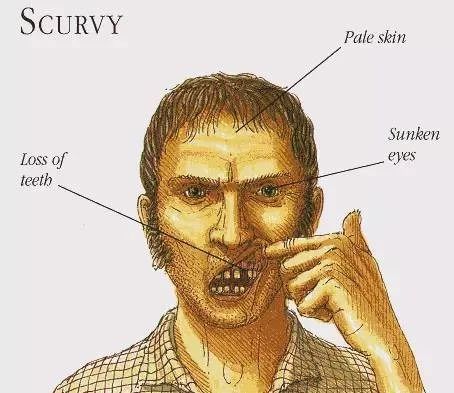
Does VC Have Effect On Diabetes and Hypertension?
High blood sugar can reduce the entry of vitamin C into red blood cells, causing them to harden, affecting microcirculation, and leading to hypoxia. The concentration of VC in blood of diabetes patients is also lower. VC supplementation can help stabilize blood sugar, improve insulin resistance, and have a positive effect on cardiovascular disease of diabetic patients. Moreover, dietary VC intake and blood VC levels are negatively correlated with the risk of metabolic syndrome. A meta-analysis study on VC intervention in hypertension found that supplementing with VC can reduce systolic and diastolic blood pressure, and is effective in both the elderly and those over 35 years old.Can VC Prevent Cancer?
Not yet discovered. A large-scale Mendelian randomization study on the relationship between VC in blood and the five most common cancers did not find a significant relationship. However, the intake of vitamin C in the diet (not vitamin C supplements) is negatively correlated with the risk of lung cancer.Can VC Prevent Influenza, Colds and COVID-19?
VC has not yet been found to prevent the occurrence of infections. But it can shorten the duration of a cold by 8% -13% and alleviate cold symptoms. Because VC rapidly increases in activated neutrophils, it is used to produce reactive oxygen species to combat bacteria and protect granulocytes from reactive oxygen species attacks.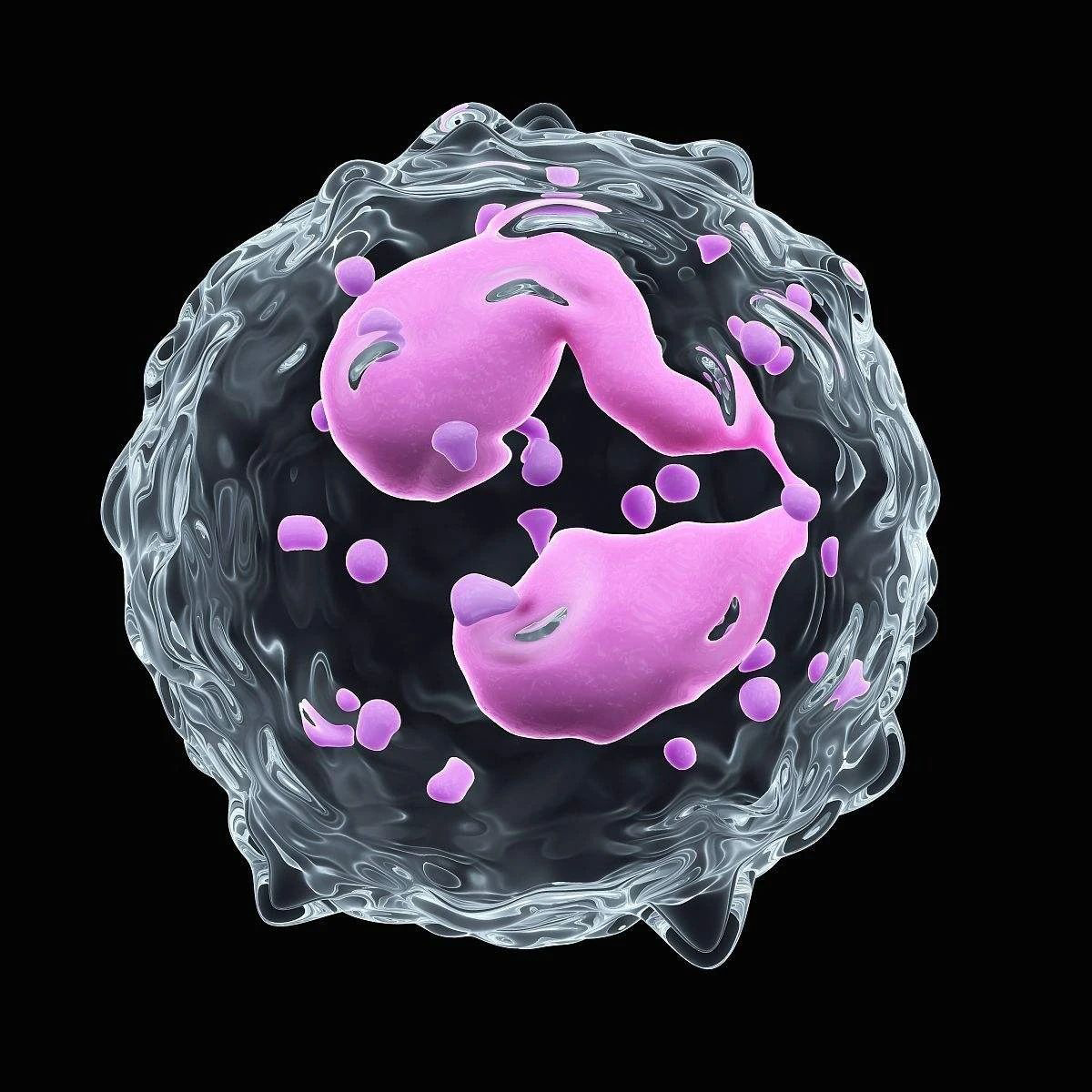
What Are the Other Functions of VC?
Improve the utilization of iron, calcium, and folate; Eliminate free radicals; Promote antibody formation; It has detoxifying effects on mercury, lead, benzene, certain toxins, and bacterial toxins.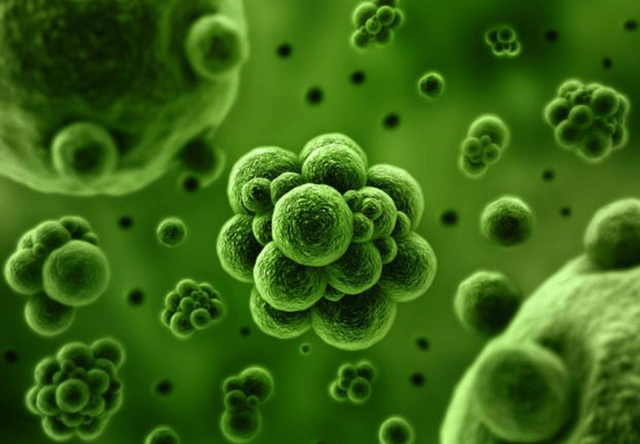
Which Groups of People Need Additional VC Supplementation?
Smokers are more likely to experience a decrease in vitamin C, with a probability of about three times higher than non-smokers. The VC of fetuses and infants comes from the mother's body. During pregnancy and lactation, women should supplement with additional VC, generally recommended to supplement 10-35mg.The human body can store 1500mg of vitamin C, but if it is below 300mg, scurvy may occur, and blood concentrations below 8-10 μ M may trigger scurvy. Less than 11.4 μ M is considered insufficient. The blood is generally 50-70 μ M. The storage sites of VC are mainly in the liver, brain, skeletal muscle, and red blood cells. Among them, the content in the brain and adrenal gland can reach up to 10mM, while the storage capacity is the highest in skeletal muscle. In healthy individuals, consuming 200-400mg/d of vitamin C will lead to saturation. The Chinese Nutrition Society recommends 100mg/d of vitamin C for healthy adults and 200mg/d for the prevention of chronic diseases.
Cherries, pomegranates, pomelos, lemons, strawberries, dates, prickly pears, kiwis and other fruits are rich in vitamin C content, while apples and pears contain less vitamin C. Vegetables such as amaranth, alfalfa, spinach, green peppers, radishes, tomatoes, celery, and rapeseed have high levels of vitamin C.
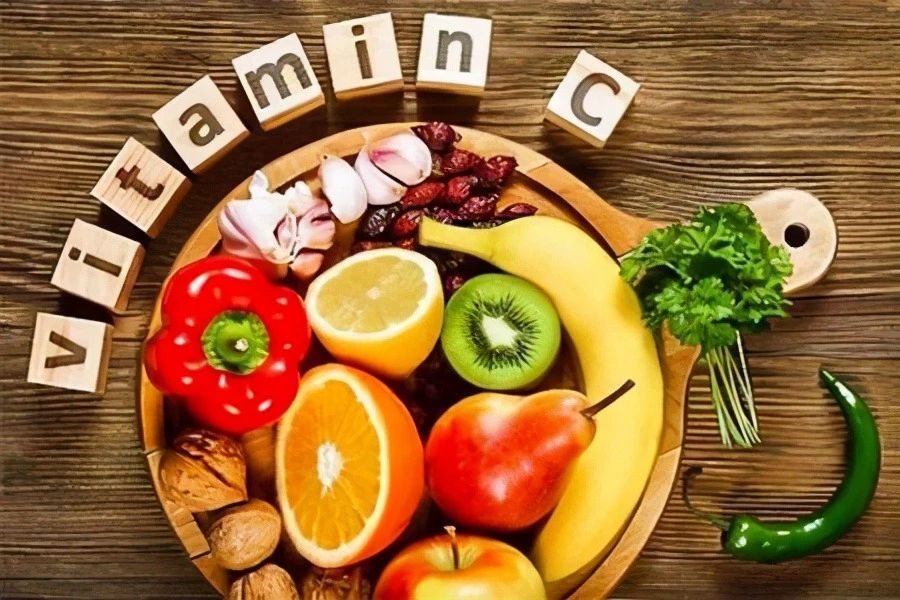
One nutrient has multiple health benefits; A beneficial food contains multiple nutrients and has multiple health promoting benefits; A balanced and diverse dietary pattern, composed of more beneficial foods and with reasonable proportions, will therefore have greater health benefits.
